- Home
- Quizzes
- My Quiz Activity
- Newsletters
- Sports Betting
- MY FAVORITES
- Add Sports/Teams
- SPORTS
-
NFL
- NFL Home
- Arizona Cardinals
- Atlanta Falcons
- Baltimore Ravens
- Buffalo Bills
- Carolina Panthers
- Chicago Bears
- Cincinnati Bengals
- Cleveland Browns
- Dallas Cowboys
- Denver Broncos
- Detroit Lions
- Green Bay Packers
- Houston Texans
- Indianapolis Colts
- Jacksonville Jaguars
- Kansas City Chiefs
- Las Vegas Raiders
- Los Angeles Chargers
- Los Angeles Rams
- Miami Dolphins
- Minnesota Vikings
- New England Patriots
- New Orleans Saints
- New York Jets
- New York Giants
- Philadelphia Eagles
- Pittsburgh Steelers
- San Francisco 49ers
- Seattle Seahawks
- Tampa Bay Buccaneers
- Tennessee Titans
- Washington Commanders
-
MLB
- MLB Home
- Arizona Diamondbacks
- Atlanta Braves
- Baltimore Orioles
- Boston Red Sox
- Chicago White Sox
- Chicago Cubs
- Cincinnati Reds
- Cleveland Guardians
- Colorado Rockies
- Detroit Tigers
- Houston Astros
- Kansas City Royals
- Los Angeles Angels
- Los Angeles Dodgers
- Miami Marlins
- Milwaukee Brewers
- Minnesota Twins
- New York Yankees
- New York Mets
- Oakland Athletics
- Philadelphia Phillies
- Pittsburgh Pirates
- San Diego Padres
- San Francisco Giants
- Seattle Mariners
- St. Louis Cardinals
- Tampa Bay Rays
- Texas Rangers
- Toronto Blue Jays
- Washington Nationals
-
NBA
- NBA Home
- Atlanta Hawks
- Boston Celtics
- Brooklyn Nets
- Charlotte Hornets
- Chicago Bulls
- Cleveland Cavaliers
- Dallas Mavericks
- Denver Nuggets
- Detroit Pistons
- Golden State Warriors
- Houston Rockets
- Indiana Pacers
- Los Angeles Clippers
- Los Angeles Lakers
- Memphis Grizzlies
- Miami Heat
- Milwaukee Bucks
- Minnesota Timberwolves
- New Orleans Pelicans
- New York Knicks
- Oklahoma City Thunder
- Orlando Magic
- Philadelphia 76ers
- Phoenix Suns
- Portland Trail Blazers
- Sacramento Kings
- San Antonio Spurs
- Toronto Raptors
- Utah Jazz
- Washington Wizards
-
NHL
- NHL Home
- Anaheim Ducks
- Arizona Coyotes
- Boston Bruins
- Buffalo Sabres
- Calgary Flames
- Carolina Hurricanes
- Chicago Blackhawks
- Colorado Avalanche
- Columbus Blue Jackets
- Dallas Stars
- Detroit Red Wings
- Edmonton Oilers
- Florida Panthers
- Los Angeles Kings
- Minnesota Wild
- Montreal Canadiens
- Nashville Predators
- New Jersey Devils
- New York Islanders
- New York Rangers
- Ottawa Senators
- Philadelphia Flyers
- Pittsburgh Penguins
- San Jose Sharks
- Seattle Kraken
- St. Louis Blues
- Tampa Bay Lightning
- Toronto Maple Leafs
- Vancouver Canucks
- Vegas Golden Knights
- Washington Capitals
- Winnipeg Jets
- NCAAF
- NCAAM
- Boxing
- Entertainment
- Lifestyle
- Golf
- MMA
- Soccer
- Tennis
- Wrestling
- More Sports
- RESOURCES
- My Account
- YB on Facebook
- YB on Twitter
- YB on Flipboard
- Contact Us
- Privacy Policy
- Terms of Service
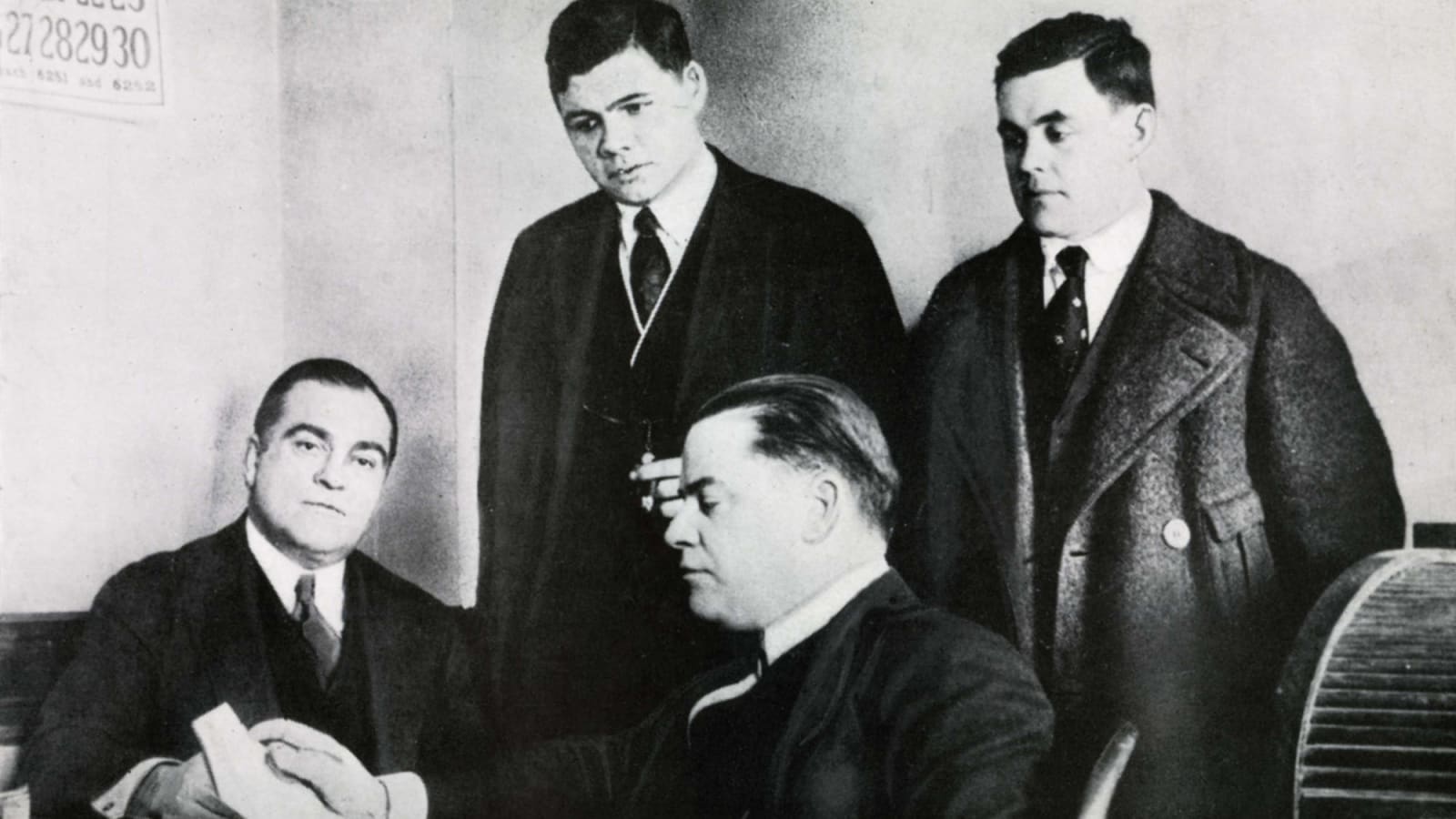
The worst trade made by every MLB franchise
Trades are a key component of roster construction in every sport, but sometimes they don't quite work out. Here's the worst trade every MLB team has ever made.
New York Yankees

Sometimes even an esteemed organization like the Yankees makes an egregious mistake, and that is exactly what the Bombers did in October of 1981. At the time, Willie McGee was an outfielder in New York's system whom they deemed expendable, and they thought St. Louis' Bob Sykes could help stabilize their bullpen. Boy was that ever a miscalculation. McGee would go on to win an MVP, make four All-Star Teams, win three Gold Glove Awards and the 1982 World Series while with the Cardinals. Sykes never even threw a big league pitch as a Yankee.
Boston Red Sox

Even the most casual followers of the game of baseball know this story. Needing money to help fund his latest Broadway play, Boston owner Harry Frazee sold Babe Ruth to the Yankees for $100,000. There was a little more to the story, namely the fact that Ruth had threatened to sit out all of the upcoming season due to a salary dispute. The bottom line is Frazee willingly sold his best player to his biggest rival for reasons that had to do with things other than baseball. That one terrible decision led to close to a century of misery for Boston and its fans, a dry spell that famously became known as the "Curse of the Bambino."
Tampa Bay Rays

The worst trade Tampa Bay has ever made happened early in the team's infancy, before it had ever even played a game, actually. In the 1997 expansion draft, the Devil Rays, as they were known at the time, selected outfielder Bobby Abreu away from the Houston Astros, who had left him unprotected. That was a good decision. But unfortunately for Tampa, just hours later it shipped Abreu to Philly for shortstop Kevin Stocker, hoping the glove-first veteran could help stabilize its infield defense. Unfortunately Stocker's career lasted only three more uninspiring years, while Abreu blossomed into a star in the City of Brotherly Love.
Toronto Blue Jays
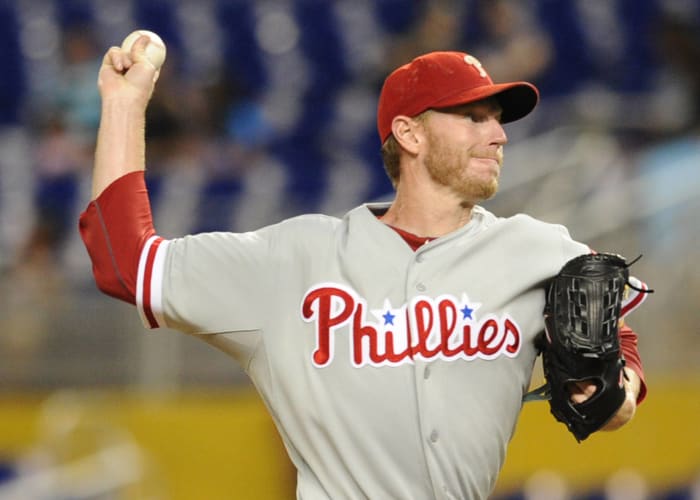
In December of 2009 the Blue Jays were looking for an organizational reset, and to accelerate their rebuild they begrudgingly were shopping their ace, and the face of their franchise, Roy Halladay. They found a match with the Phillies that at the time was applauded, as Toronto brought back Philly's best pitching prospect, Kyle Drabek, the top-ranked catching prospect in the game, Travis d'Arnaud, and speedy outfielder Michael Taylor. Unfortunately for the Jays, things didn't exactly go as planned. Halladay won 40 games during his first two years in Philadelphia and won the NL Cy Young Award in 2010. Meanwhile, Drabek scuffled through parts of five disappointing seasons north of the border, d'Arnaud was shipped to the Mets in an equally disappointing Blue Jays trade and Taylor never made it to the big leagues in Toronto.
Baltimore Orioles

Early in January of 1991 the Orioles pulled the trigger on one of the worst trades of all time. Baltimore sent three minor leaguers, pitchers Curt Schilling and Pete Harnisch as well as outfielder Steve Finley to Houston in exchange for power hitting veteran first baseman Glenn Davis. To say the least, this one did not go the way the O's front office had hoped. Davis limped through three disappointing campaigns in Charm City, while the three players they traded away would combine to appear in nine All-Star Games and capture four World Series rings.
Cleveland Indians
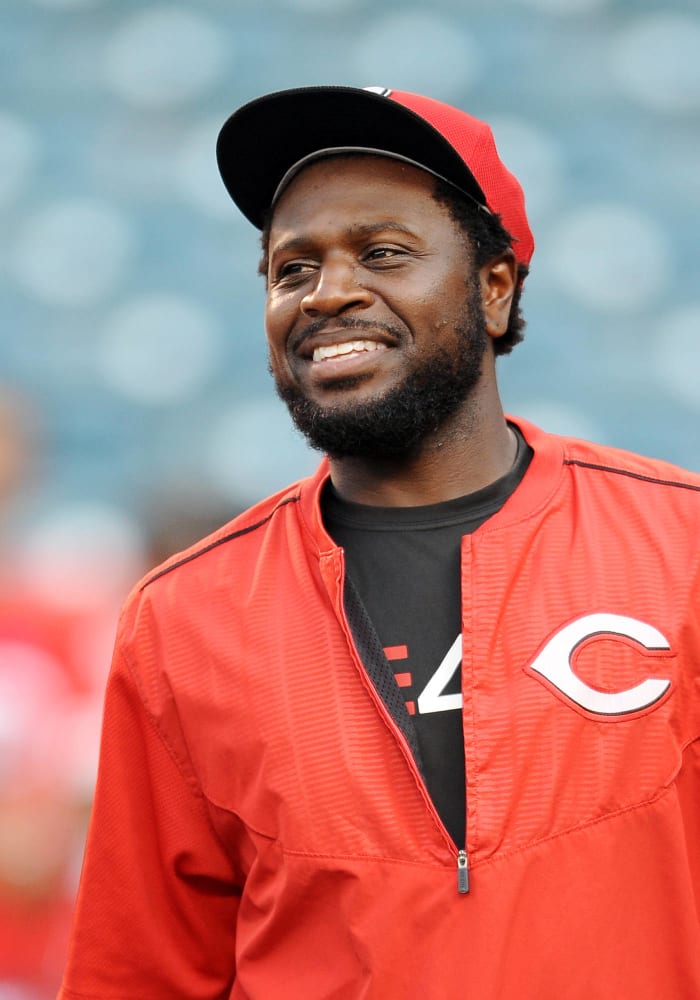
The Indians acquired Brandon Phillips as part of arguably the best trade they ever made, a deadline deal with Montreal in 2002. The electric young second baseman was one of the most highly ranked prospects in the game for several years, but unfortunately he was not really able to put it all together in his brief opportunity with the Indians. Cleveland, though, gave up on him far too quickly when it sent him to Cincinnati for pitcher Jeff Stevens. Phillips would win four Gold Gloves and make three All-Star Teams as a member of the Reds and, along with Joey Votto, he became a face of one of the game's most prestigious franchises. Meanwhile, Stevens never even made it to the sport's highest level with the Indians.
Minnesota Twins

When the Twins acquired left-hander Johan Santana, it represented quite likely the best trade in franchise history, but his departure certainly could be its worst. Prior to the 2008 season Minnesota sent its ace to the Mets in exchange for four young players, outfielder Carlos Gomez and pitchers Phil Humber, Deolis Guerra and Kevin Mulvey. The three pitchers would incredibly combine for ZERO wins as members of the Twins, and while Gomez would later become a star in Milwaukee, that happened after he had flamed out in Minnesota.
Chicago White Sox
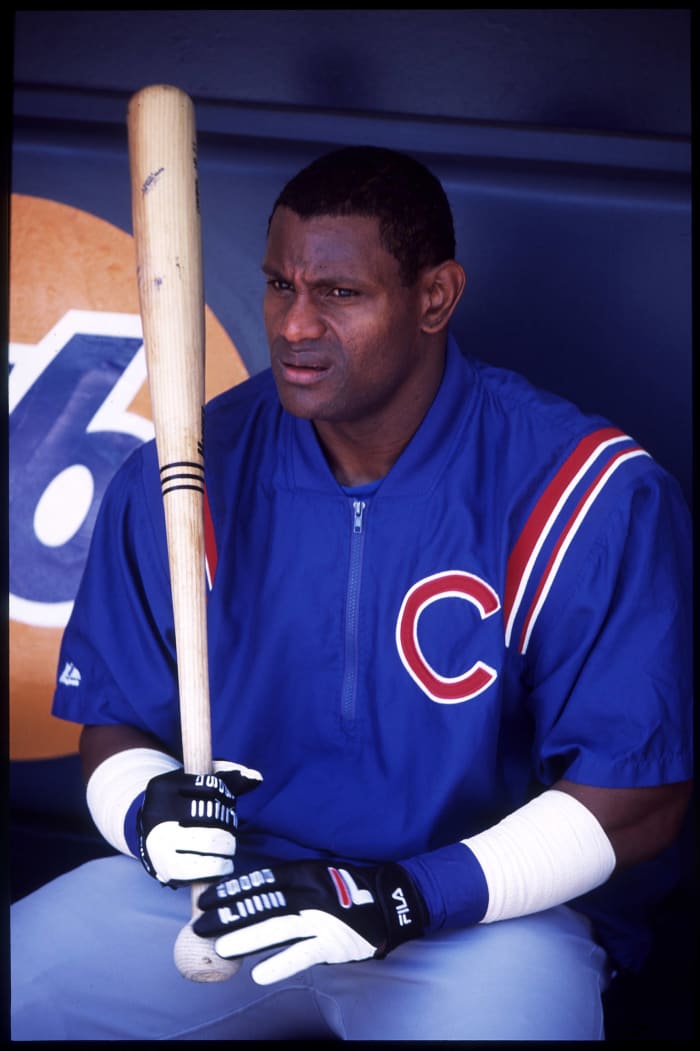
The two cities that host multiple Major League teams, New York and Chicago, almost never make intercity trades, and unfortunately for the White Sox they'd unquestionably like to have back a deal they made in 1992. The South Siders sent young unproven outfielder Sammy Sosa and pitcher Ken Patterson to the Cubs for outfielder George Bell, and before long it became evident that was a mistake. Sosa would become a larger-than-life superstar for the Cubs in short order, and while Bell had a good first season with the White Sox, he was out of the game just two years later.
Kansas City Royals
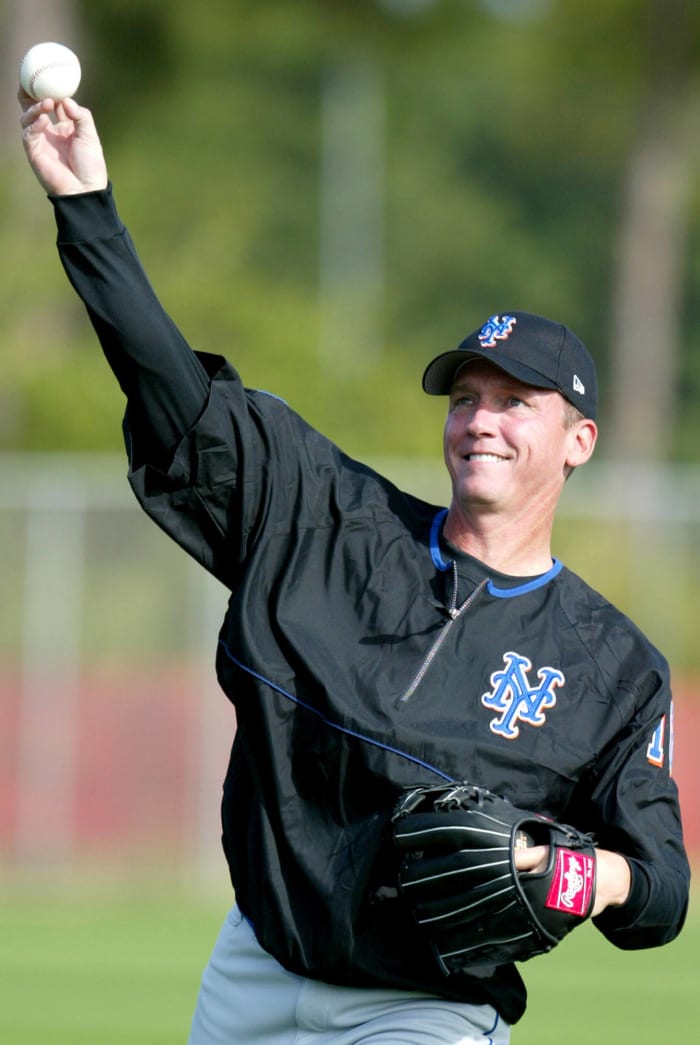
The Royals actually traded away David Cone twice, but the first time they did so ranks as their worst all-time trade. After an uneven rookie season, Kansas City shipped Cone to the Mets for catcher Ed Hearn and pitchers Rick Anderson and Mauro Gozzo, and the deal quickly became a disaster. Cone became a star in New York, going 20-3 with a 2.22 ERA in '88, and he helped anchor a strong Mets rotation for a half-dozen years. Hearn was someone the Royals felt could become their starting catcher, but today his name is just about considered an expletive in Missouri. Anderson and Gozzo made matters worse, as the duo made exactly zero discernible difference for their new team.
Detroit Tigers

Aside from the Red Sox, the Tigers may have been the easiest team on this list to do. Down the stretch in 1987, Detroit sent minor league pitcher John Smoltz to Atlanta for a rental relief pitcher named Doyle Alexander. Alexander would help the Tigers quite a bit during the final few weeks of that season and provide at least a serviceable middle relief option the following two years. That did little to offset what was sent to Atlanta. Smoltz would quickly emerge as a lights-out starting pitcher in the National League, and following his tremendous career he deservedly was inducted into the Hall of Fame.
Los Angeles Angels of Anaheim
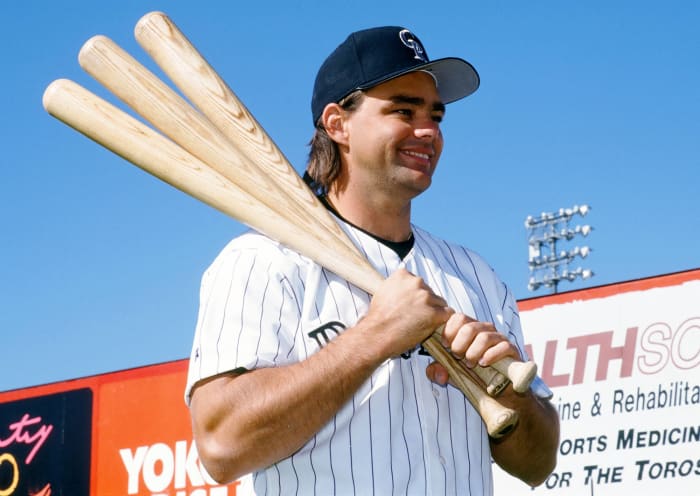
During spring training in 1991, the Angels agreed to a curious trade with Milwaukee that at the time didn't make a whole lot of sense. The Halos sent a promising young outfielder, Dante Bichette, away to acquire a 39-year-old Dave Parker who was clearly nearing the end of the road. The veteran struggled miserably and didn't even survive the season, as the Angels flat out released him in September. Bichette, meanwhile, eventually became a four time All-Star and Silver Slugger winner.
Texas Rangers
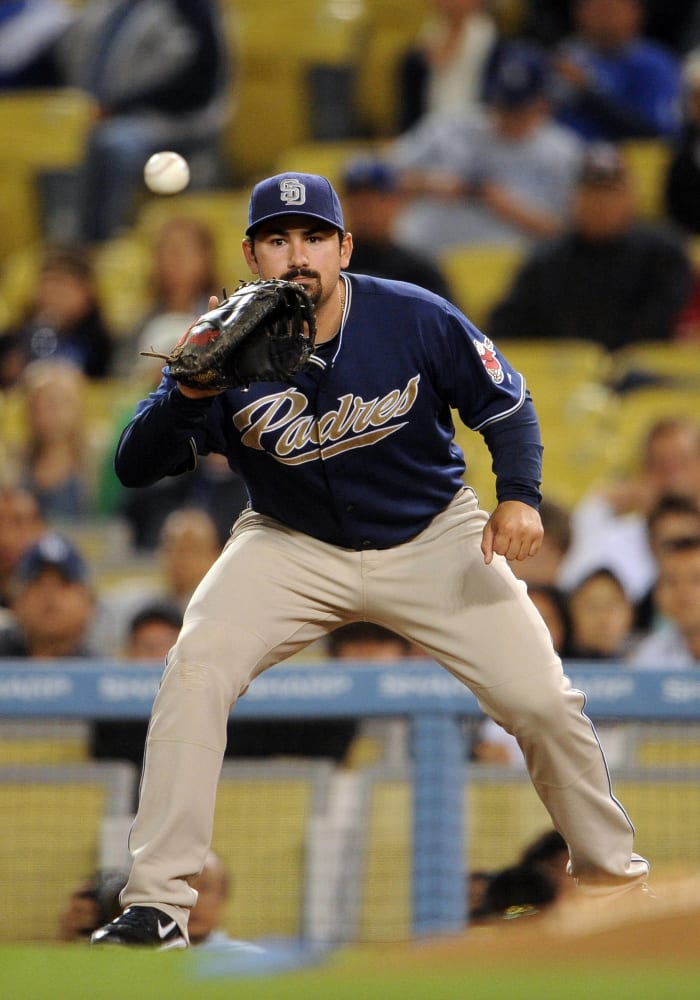
In a blockbuster six-player swap prior to the 2006 season, the Texas Rangers drastically improved the San Diego Padres in one fell swoop. Texas sent first baseman Adrian Gonzalez, starting pitcher Chris Young and outfielder Terrmel Sledge to southern California, and the first two in particular would become cornerstone players for the Friars. The return the Rangers brought back, meanwhile, was uninspiring, as pitchers Adam Eaton and Akinori Otsuka combined to last only three seasons in Arlington, and catcher Billy Killian never even made it to the big leagues.
Oakland Athletics

Just after Thanksgiving in 2014, the A's made one of the more head-scratching moves in recent memory when they traded budding superstar Josh Donaldson to the Blue Jays. The right -anded slugger would crush 111 home runs over the next three years and be named AL MVP less than a year after the deal. Meanwhile, the headliner coming back to Oakland, third baseman Brett Lawrie, played only one season by the Bay, and the rest of the return, infielder Franklin Barreto and pitchers Sean Nolin and Kendall Graveman, have proved uninspiring at best.
Seattle Mariners
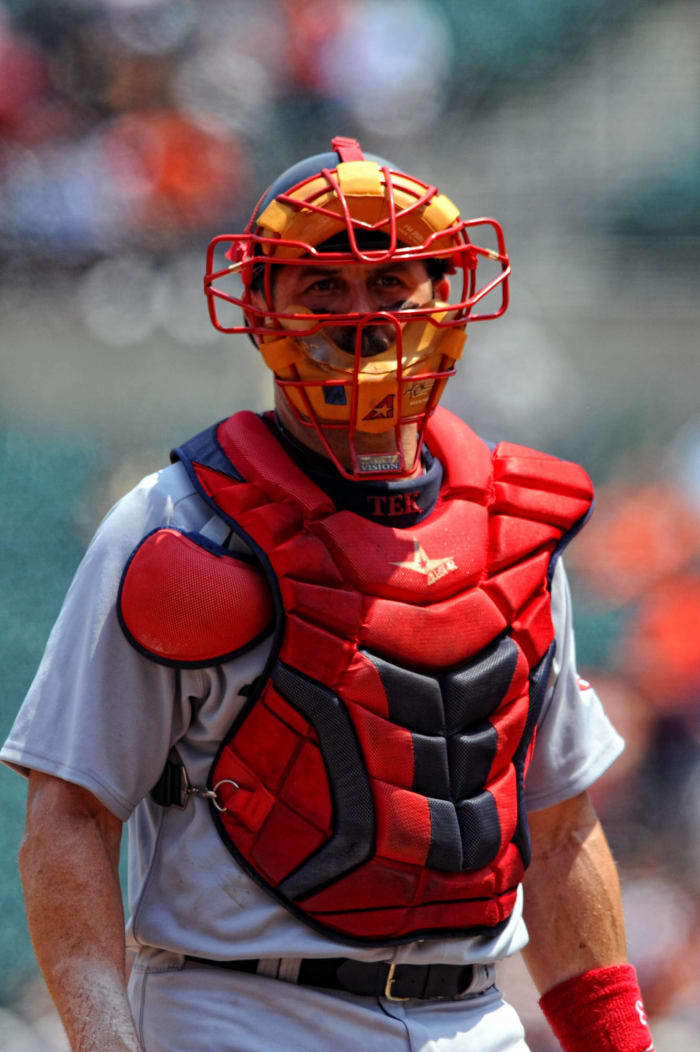
The Seattle Mariners would unquestionably love to have back the deadline deal they completed with Boston in 1997. Desperately needing a closer, the M's sent pitcher Derek Lowe and catcher Jason Varitek to New England for Heathcliff Slocumb, who pitched to a disappointing ERA of well over 5.00 in his season-and-a-half in the Pacific Northwest. Lowe and Varitek would go on to become linchpins of the Red Sox core and help Boston break the aforementioned "Curse of the Bambino."
Houston Astros
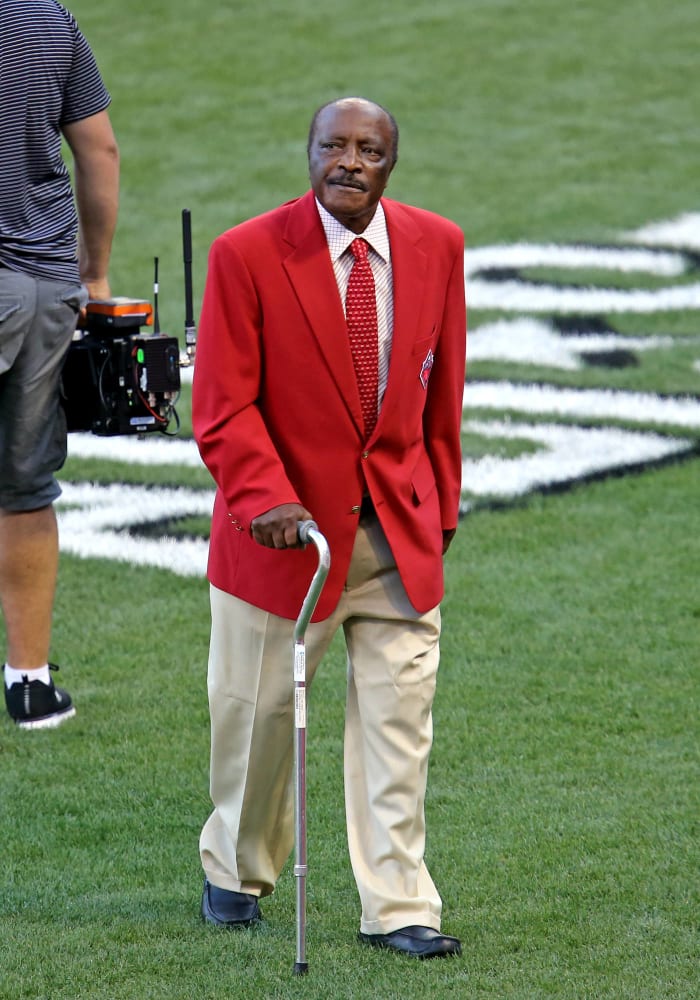
In November of 1971 the Astros made a blockbuster trade with the Reds that proved to be nothing more than an unmitigated disaster. Future Hall-of-Fame second baseman Joe Morgan and talented starting pitcher Jack Billingham headlined a five-player package that Houston sent to Cincinnati, and while slugging first baseman Lee May had three decent seasons for the Astros, it did little to offset the damage.
Atlanta Braves

The Braves have typically come out on the long side of noteworthy transactions, but that was far from the case for the 2003 Winter Meetings trade they completed with St. Louis. Atlanta sent three pitchers, Adam Wainwright, Jason Marquis and Ray King, all to the Cardinals, and all three would become important hurlers for the Redbirds. Wainwright quite possibly has a case for the Hall of Fame, Marquis was a valuable rotation member for three years and King was a strong left-handed set-up man for a couple of seasons.The Braves half of the deal, meanwhile, was underwhelming at best. Outfielder J.D. Drew enjoyed one monster season in Atlanta but then quickly bolted for Los Angeles as a free agent, and utility man Eli Marrero played only one season for them as well.
Philadelphia Phillies
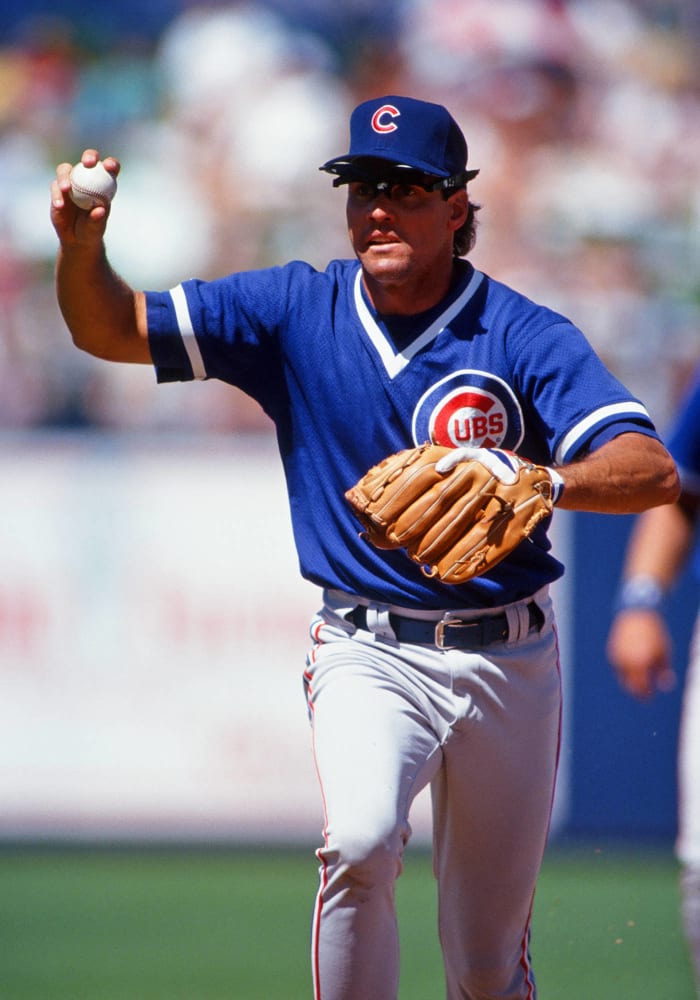
Prior to the '82 season Philadelphia sent longtime organizational icon Larry Bowa to Chicago in exchange for Ivan DeJesus, a deal that would not have looked all that bad had it ended there. Both Bowa and DeJesus were mediocre to average with their new teams, but where the Phillies went astray is when the Cubs requested a second player. Philly agreed to throw one in but foolishly signed off on including second baseman Ryne Sandberg in the trade. The state of Washington native would go on to appear in 10 All-Star games as a member of the Cubs, win nine Gold Gloves, take home one MVP and get enshrined in Cooperstown. Not bad for a throw-in, huh?
Miami Marlins
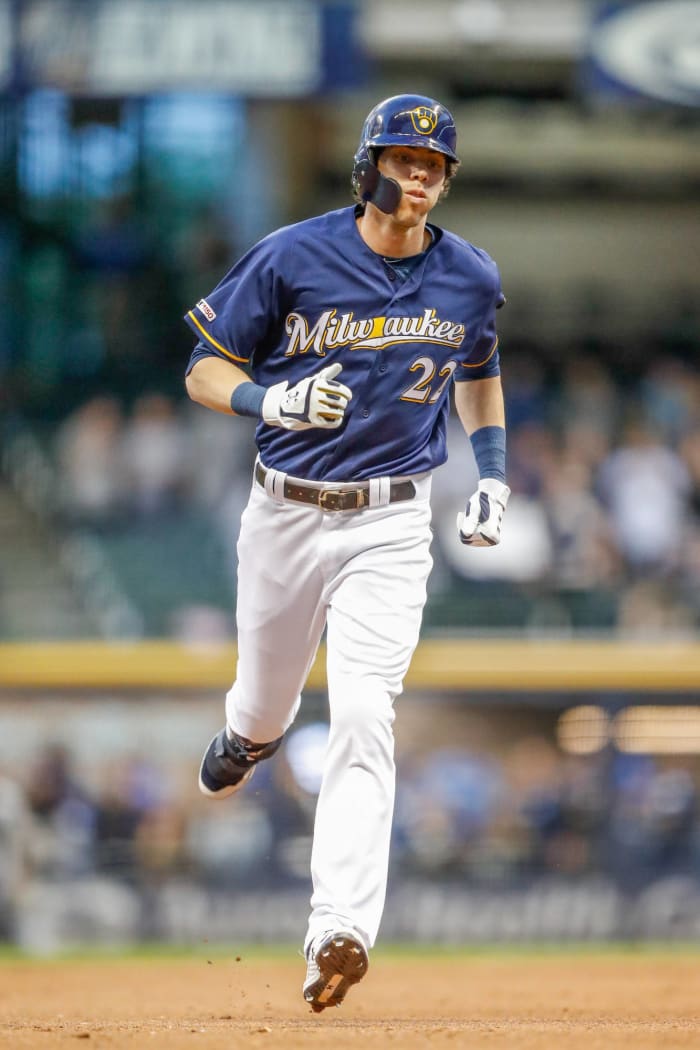
Unfortunately for the Marlins, they've made their fair share of mistakes, but it appears none will prove larger than the Christian Yelich trade they executed with the Brew Crew just 17 months ago. The sweet-swinging Yelich instantly put it all together in Milwaukee, capturing last year's National League MVP Award, while the four players Miami brought back, Lewis Brinson, Jordan Yamamoto, Monte Harrison and Isan Diaz, have done little to improve the optics on this one to date.
Washington Nationals

This one might be a little bit of a long-term projection, but the worst trade in Nationals history could very well prove to be their 2016 Winter Meetings deal with the White Sox. Washington acquired speedy outfielder Adam Eaton in the transaction, but for most of his Nationals tenure the veteran has struggled with both injuries and inconsistency. Meanwhile, the three hurlers who went to Chicago, Lucas Giolito, Reynaldo Lopez and Dane Dunning are all seemingly keepers. In just his second full big league season, Giolito is currently 10-2 with a 2.87 ERA, Lopez is struggling right now but pitched very well a season ago, and while Dunning is currently out due to Tommy John Surgery, he has shown immense potential in the minors.
New York Mets
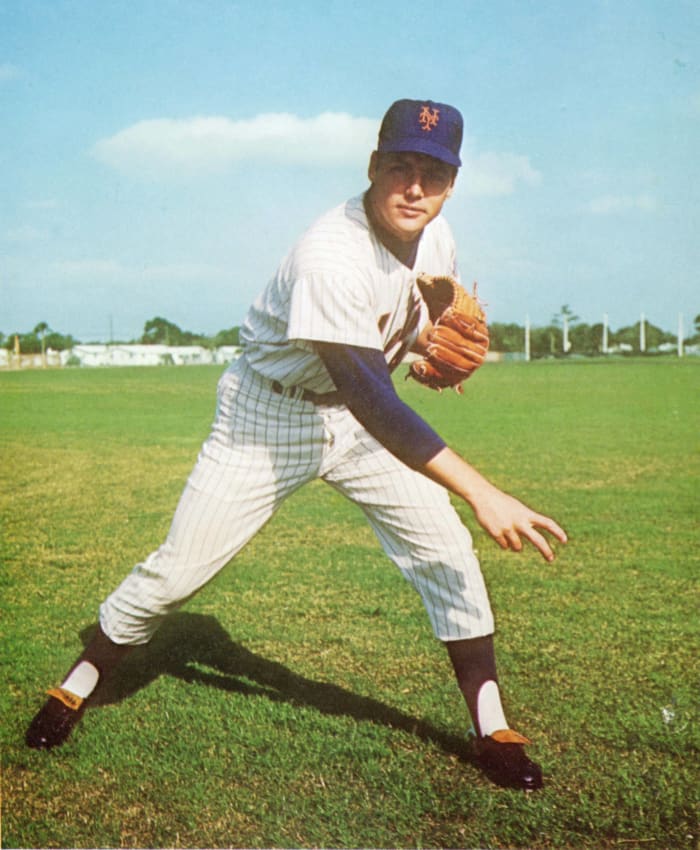
The Mets worst trade is quite obvious, and it's a deal that should never have even been considered in the first place. On the last night of trading season in 1977, New York sent its ace righty and the face of the franchise, Tom Seaver, to Cincinnati for a four-player package that underwhelmed from the start. None of Steve Henderson, Pat Zachry, Doug Flynn or Dan Norman become noteworthy Mets, while Seaver would win 75 games for Cincinnati over the next several years. The deal quickly became known as the midnight massacre, and it's still sure to aggravate Mets fans if brought up today.
Chicago Cubs

The Cubs worst all-time trade was the Cardinals best, a disappointing outcome when you're doing business within the division. In June of 1964 the Cubs sent pitchers Paul Toth and Jack Spring to St. Louis, but the real steal of the trade was outfielder Lou Brock. The lightning-quick outfielder would become a staple on several strong St. Louis teams and was justifiably elected into the Hall of Fame following his retirement. Meanwhile, Chicago's return, pitchers Bobby Shantz, Ernie Broglio and catcher Doug Clemens, was able to do little to make this transaction look like anything short of a disaster.
St. Louis Cardinals
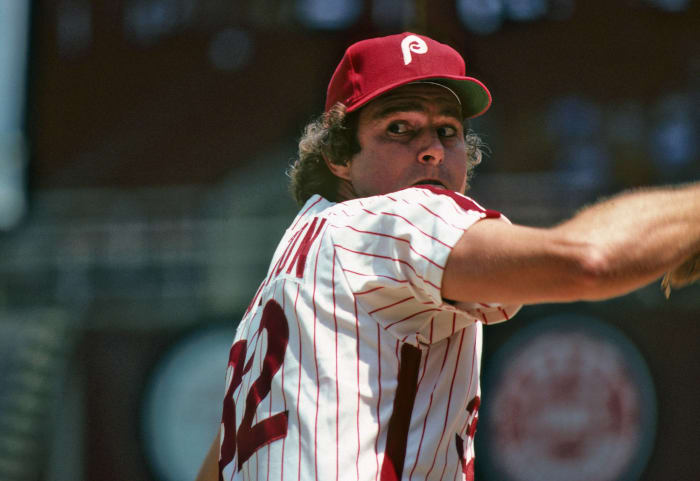
Famously during spring training in 1972, the Cardinals and star pitcher Steve Carlton were engaged in a contentious contract dispute over Carlton's demands of a relatively modest increase in salary. Rather than acquiesce to his request, St. Louis sent the lefty to the Phillies in exchange for fellow hurler Rick Wise, a trade that made the organization look anything but their new addition's surname. Carlton won four Cy Youngs and a World Series in Philadelphia, and while Wise pitched solidly for the Cardinals, he was dealt to Boston after just a couple of seasons.
Pittsburgh Pirates

In a move driven by a strong desire to cut costs, in late July 2003 the Pirates sent young third baseman Aramis Ramirez and veteran outfielder Kenny Lofton to their rivals in Chicago, in exchange for infielders Bobby Hill and Jose Hernandez, as well as pitcher Matt Bruback. This one headed south quickly. Hill played parts of three seasons with Pittsburgh before being DFA'd, Hernandez was already well into his 30s and did next to nothing in the black and yellow, and Bruback was out of the organization in just a few months. Meanwhile, Ramirez spent the next 12 years torturing the Bucs as a division rival, first in the Windy City and later in Milwaukee.
Cincinnati Reds
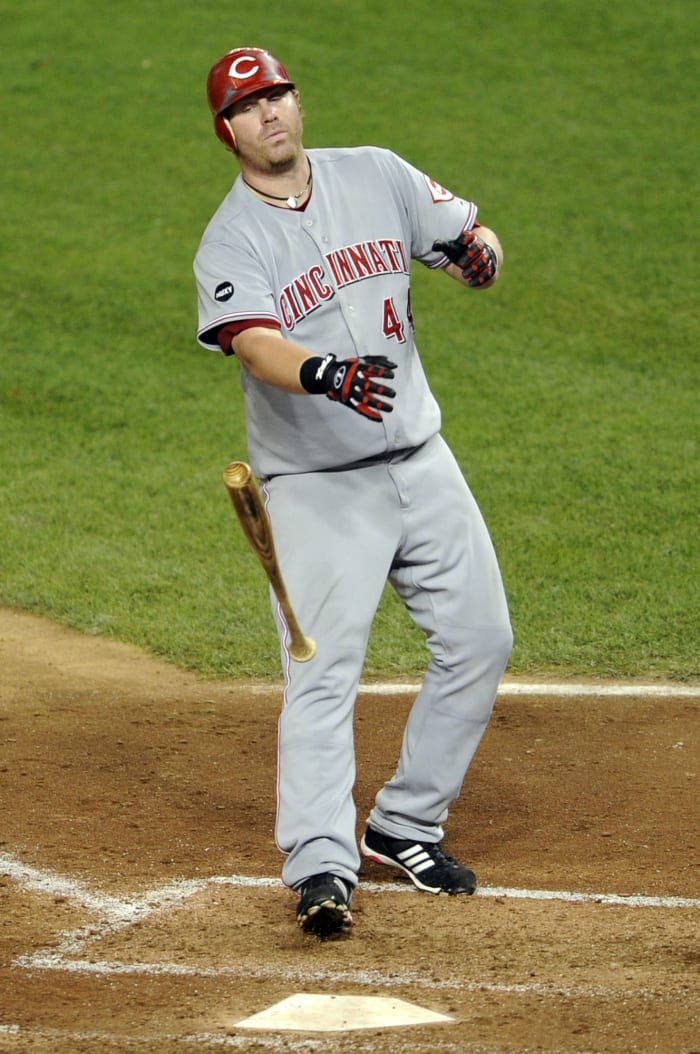
In an August waiver trade in '08, the Reds sent one of their most recognizable faces, OF/1B Adam Dunn, to the desert, and while it wasn't preposterous to attempt to capitalize on a free-agent-to-be, the return Cincinnati got for its best asset was nothing short of a joke. Pitcher Micah Owings struggled so mightily that the Reds eventually started trying to find ways to get him in the batter's box more often than the mound given his offensive gifts. Utilityman Wilkin Castillo played in only 22 games as a Red and recorded just one extra-base hit, and right-hander Dallas Buck never even made it to the big leagues.
Milwaukee Brewers
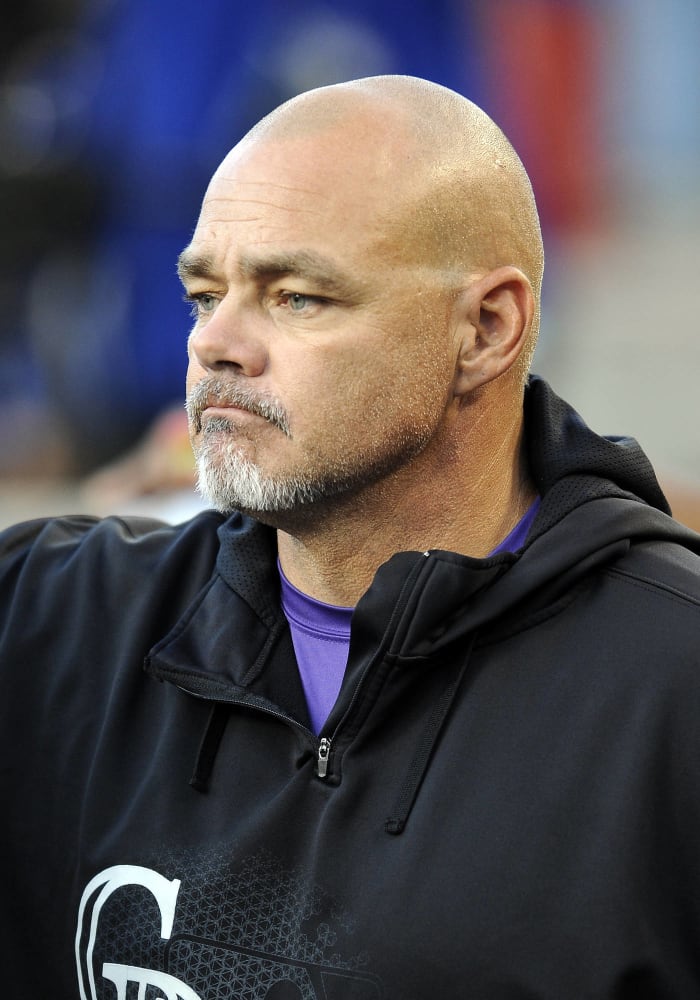
Dante Bichette's name seems to pop up a lot on these lists, but it isn't without merit. In November 1992 the Brewers traded a young about-to-enter-his-prime Bichette to the expansion Rockies in exchange for veteran outfielder Kevin Reimer. The left-handed swinging Reimer would have a decent '93 season for the Beermakers, hitting .249 with 13 homers and 60 RBI, but that would be his final major league season. Meanwhile in Denver, Bichette developed into one of the most feared power hitters in the National League.
San Diego Padres
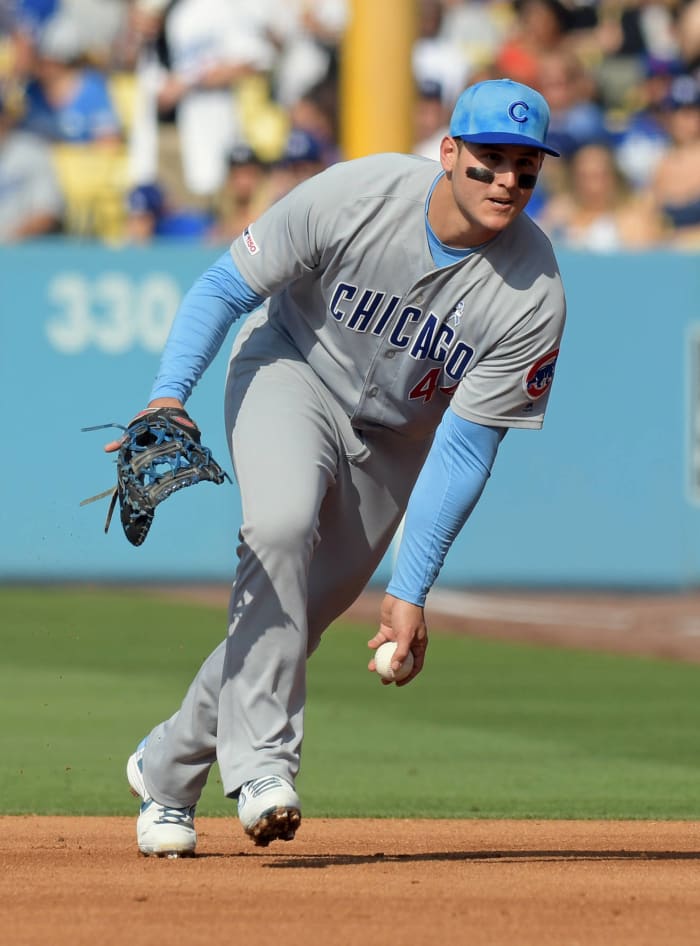
At the Winter Meetings in 2010, the San Diego Padres traded their best player, first baseman Adrian Gonzalez, to Boston in an effort to accelerate an organizational reset. Their return on the deal was three players, but the undisputed headliner was young first baseman Anthony Rizzo. That was a good trade. The problem came 13 months later when the Friars shipped a still 22-year-old Rizzo to Chicago, along with pitcher Zach Cates, for starter Andrew Cashner and little-known outfielder Kyung-Min Na. The left-handed swinging Riizzo blossomed into a star with the Cubs, winning multiple Gold Gloves and a Silver Slugger, taking part in three All-Star Games and winning a World Series. Cashner, meanwhile, underwhelmed in four seasons with the Padres, and Na never made it to the majors.
Los Angeles Dodgers
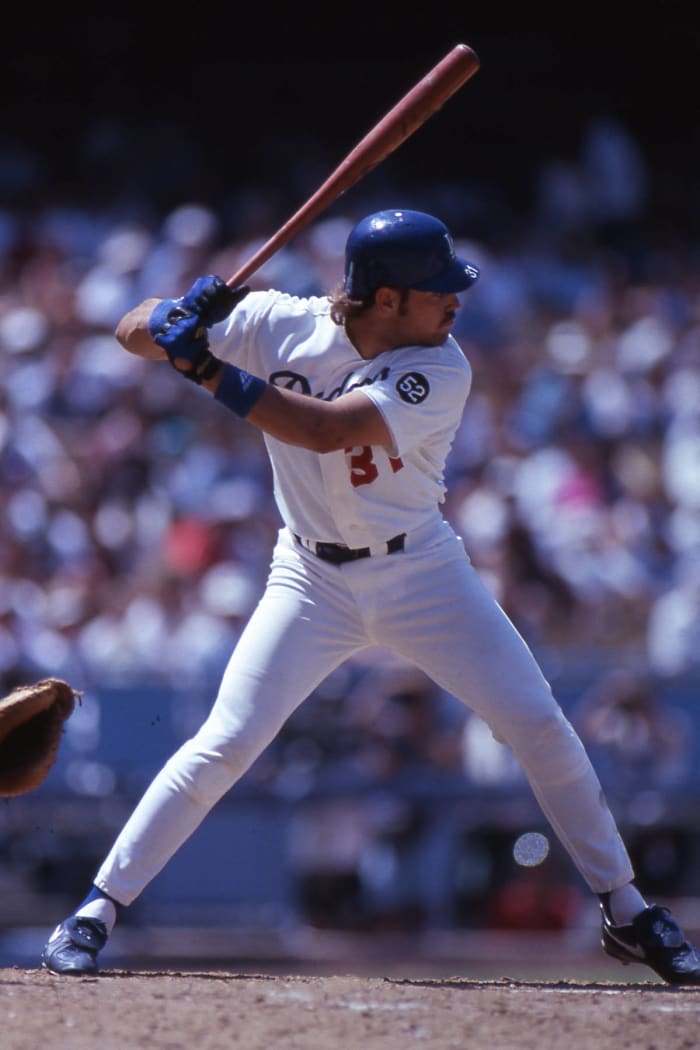
The Dodgers 1998 midseason Mike Piazza trade had everything you could ever want in a baseball trade: epic star power, legitimate major league talent and organizational drama. At the time Piazza was easily the best offensive catcher in the sport and one of the game's brightest stars. But he had grown discontent with contract extension negotiations with Los Angeles, and the Dodgers quickly jumped ship and rather than meet in the middle, they decided to shop him. What resulted was a seven-player swap that sent Piazza and fellow right-handed hitter Todd Zeile to Miami and imported Gary Sheffield, Jim Eisenreich, Bobby Bonilla, Charles Johnson and Manuel Barrios all to Hollywood. Trouble was none of those players ever made quite the impact the Dodgers hoped they would, while Piazza continued on his dominant trajectory and is currently in Cooperstown wearing a Mets hat.
San Francisco Giants
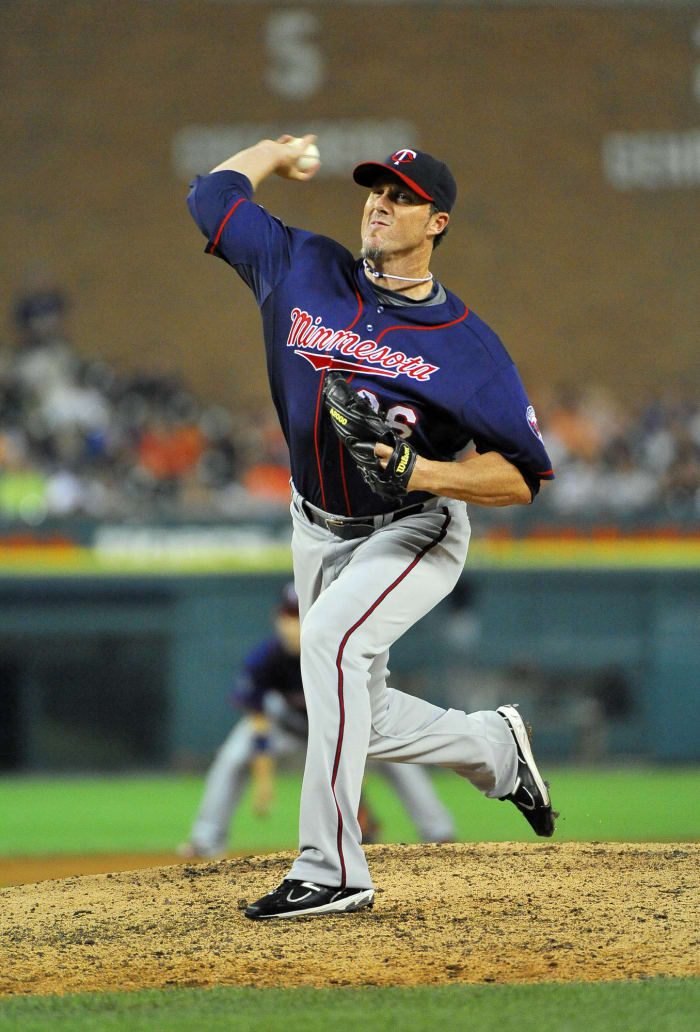
Prior to the 2004 season the Giants were looking to upgrade their catching situation, and while they were able to do that, they surrendered far too much to make it possible. San Fran sent three pitchers, Joe Nathan, Francisco Liriano and Boof Bonser, all to Minnesota for veteran backstop A.J. Pierzynski, in a move that quickly backfired. Pierzynski turned in one productive season by the Bay before heading to Chicago as a free agent, while Nathan and Liriano thrived in the Twin Cities. Nathan would make six All-Star Teams as a closer, registering an incredible 377 saves. Liriano is still pitching today and turned in some terrific seasons in Minnesota, and while Bonser was never as good as the other two pitchers in the deal, he was at least a serviceable arm for the Twins for a short time.
Colorado Rockies
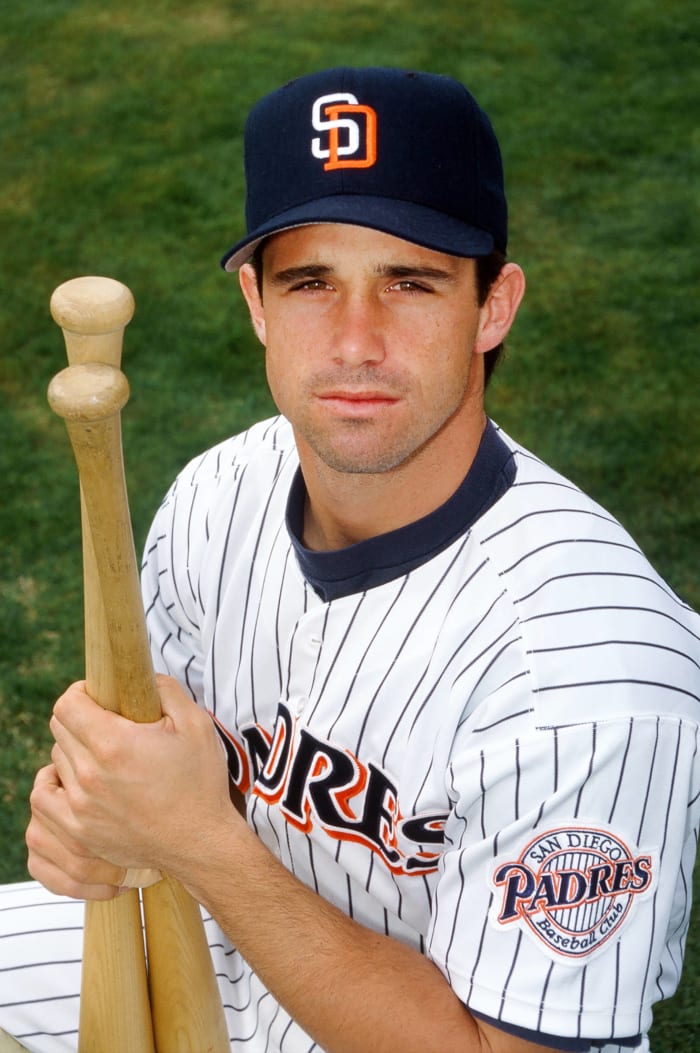
At the trade deadline in 1993 the Rockies made a move to bring in two pitchers, Bruce Hurst and Greg Harris, but they drastically misjudged just how much they were giving up. Hurst and Harris combined to contribute little in Denver, but catcher Brad Ausmus and pitchers Andy Ashby and Doug Bochtler all became solid pieces in San Diego. For four years, Ausmus would serve as the Padres starter behind the plate and later would go on to rack up a solid 18-year big league career. Ashby quickly became an integral member of the Friars starting five and even appeared in a pair of All-Star Games, and for three years Bochtler was a reliable middle-relief pitcher for his new club.
Arizona Diamondbacks
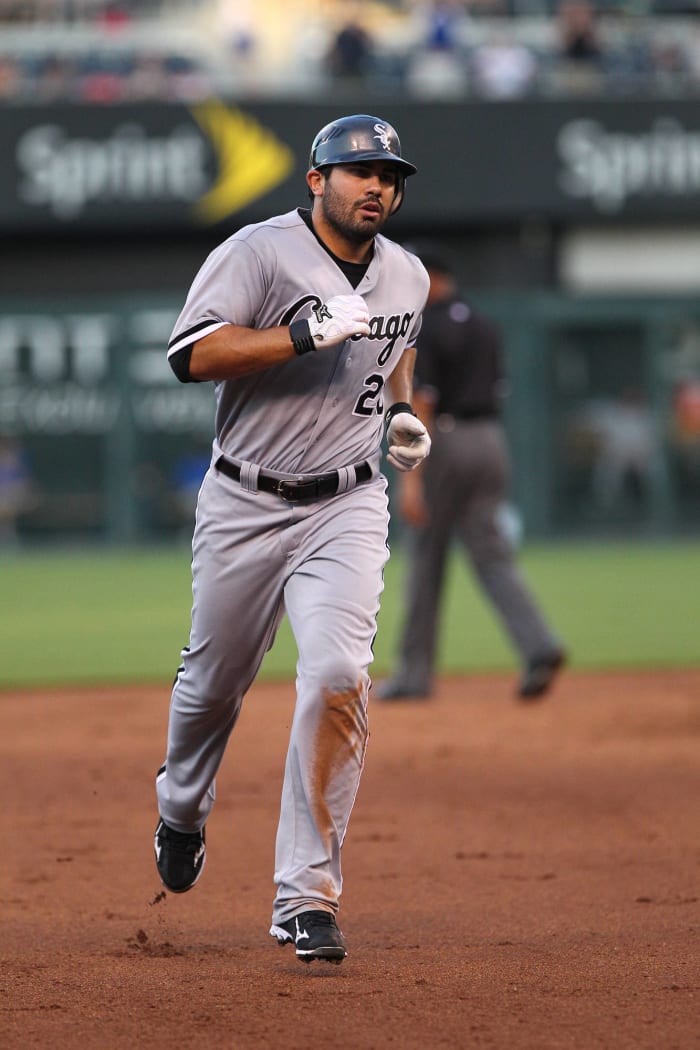
Outfielder Carlos Quentin was one of the most heralded minor league prospects in the game during his time in the Diamondbacks system, but during sporadic playing time in his first two big league seasons he failed to establish himself in the desert. Arizona eventually decided to give up on him and sent the right-handed slugger to the White Sox for veteran Chris Carter. Boy was that a mistake. In his first year in the Windy City, Quentin crushed 36 home runs and made the All-Star Team while even getting some MVP consideration. That was easily his best season in the big leagues, but for several more years he was a dangerous middle-of-the-line-up bat. Carter, meanwhile? He never even appeared in a game for Arizona, as less than a week after the original trade he was part of a large package the D-backs sent to Oakland in another trade they'd probably like to have back.
Justin Mears is a freelance sports writer from Long Beach Island, NJ. Enjoys being frustrated by the Mets and Cowboys, reading Linwood Barclay novels, and being yelled at by his toddler son. Follow him on twitter @justinwmears.
More must-reads:
- The best trade made by every MLB franchise
- MLB players who need a change of scenery
- The 'Active MLB strikeout leaders' quiz
Breaking News
Customize Your Newsletter
 +
+
Get the latest news and rumors, customized to your favorite sports and teams. Emailed daily. Always free!
Use of this website (including any and all parts and
components) constitutes your acceptance of these
Terms of Service and Privacy Policy.

